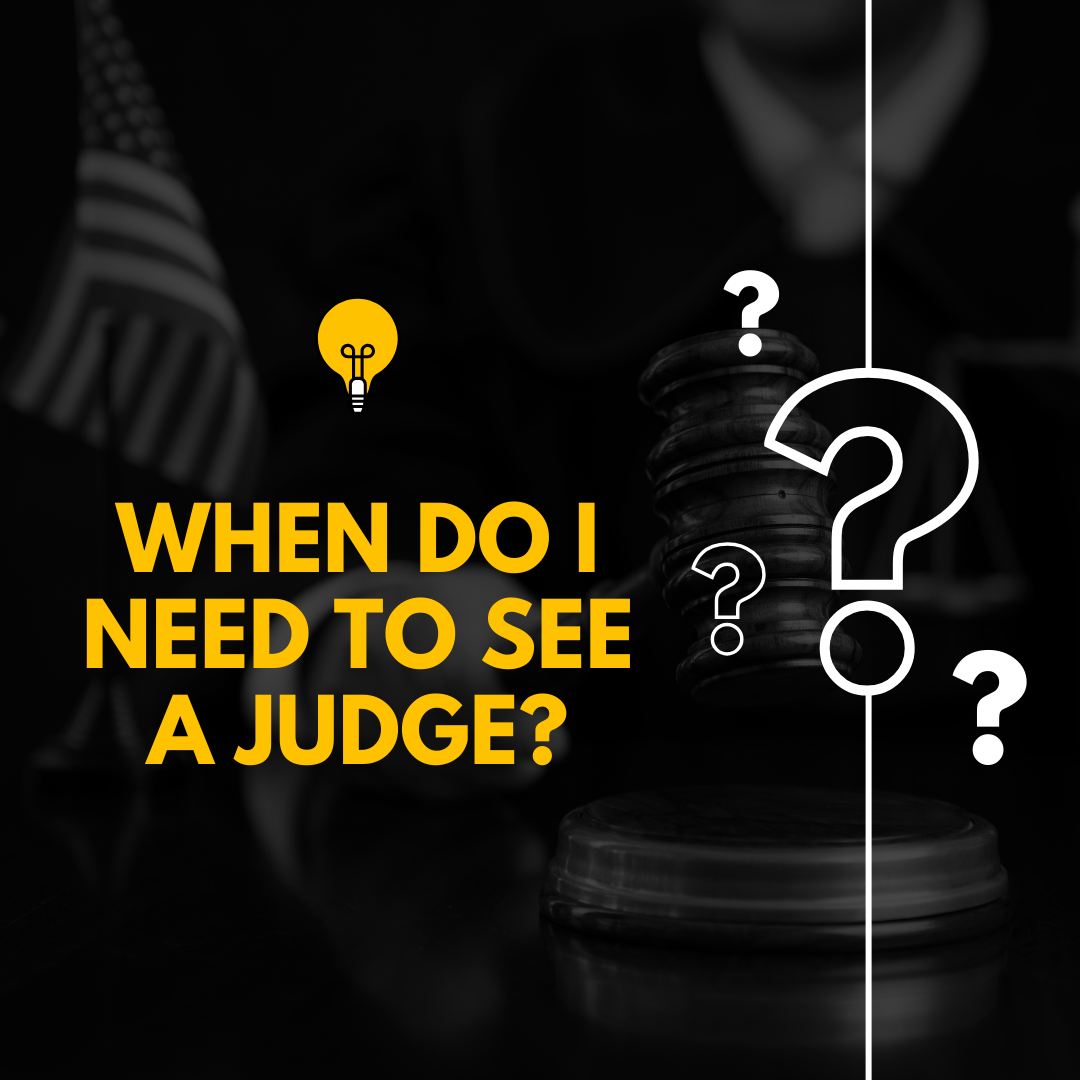Do You Need to See a Judge Before Posting Bail in Minnesota?
Before addressing whether you need to wait to see a judge to post bail in Minnesota, it's crucial to understand what bail is. For more information on the Minnesota bail bond process, click here. Bail acts as a financial guarantee ensuring that a defendant will appear in court for their scheduled hearings. When someone is arrested in the Twin Cities metro area or elsewhere in Minnesota, they are taken into custody and brought before a judge. The judge will then decide whether to set bail, deny it, or release the defendant on their own recognizance. If bail is set, the judge determines the amount required for the defendant’s release. In Minnesota, defendants can typically pay the bail amount directly to the court or work with a trusted bail bondsman. This process is an essential part of the criminal justice system in Minnesota. A common question we receive is whether you need to wait to see a judge before posting bail.
Do you need to wait to see a judge before posting bail in Minnesota?
The answer depends on several factors, especially if you or your loved one has been arrested on a new criminal charge. According to Minnesota Court Rules on Criminal Procedure, "The defendant must be brought before a judge without unnecessary delay, and not more than 36 hours after the arrest, exclusive the day of arrest, Sundays, and legal holidays, or as soon as a judge is available. In misdemeanor cases, a defendant who is not brought before a judge within the 36-hour limit must be released upon citation, as provided in Rule 6.01, subd. 1." This means your 36-hour hold begins at midnight following your arrest. However, if you're arrested on a Saturday or before a legal holiday, the 36-hour clock won't start until Monday or the next business day.
Once in front of a judge, the bail amount is determined based on factors like the severity of the crime, the defendant’s likelihood of returning to court, and whether they pose a danger to the public. Learn more about how the bail amount is determined here. However, in some cases, you may not need to see a judge before bail is set. For example:
-
If you were arrested over the weekend on a DWI offense, bail may be set before appearing in front of a judge. This is because some DWI offenses carry a mandatory bail. In these situations, an on-call judge will have to set the bail. Sometimes an on-call judge will set the bail on their own, but it is typically something your attorney will need to request. Consequently you would not need to see a judge before getting bailed out. Please note that this is more common in some counties, like Dakota County, than other counties in Minnesota.
-
If you are arrested on an active warrant, you or your loved one may not need to see a judge. You may already have a bail set on your active warrant. In this case, Metro Bail Bonds can post a bond and you do not need to attend a bail hearing. Once bond is posted, your warrant will be eliminated and you will receive a new court date.
-
If you have an active warrant and are not in custody, you may not need to see a judge before bail is set. In some Minnesota counties, you will not even need to go to jail! Other counties like Ramsey County, Isanti County, and Scott County will require you to get booked and released before eliminating the warrant. However, if you have a “body only” hold, you will have to see a judge before bail is set. Learn more about warrants and what you should do if you have an active warrant in Minnesota by clicking here.
If you’ve been held for more than 36 hours, Minnesota law mandates your release from custody. In such cases, you may receive a citation or complaint by mail with a new court date. It's crucial to understand that even if you’re able to post bail before seeing a judge, you are still required to appear in court for your initial appearance. Failing to appear can result in your bail being revoked and a warrant issued for your arrest. When you choose a reputable Minnesota bail bond company like ours to post your bond, we’ll ensure you receive reminders for all your upcoming court appearances.

